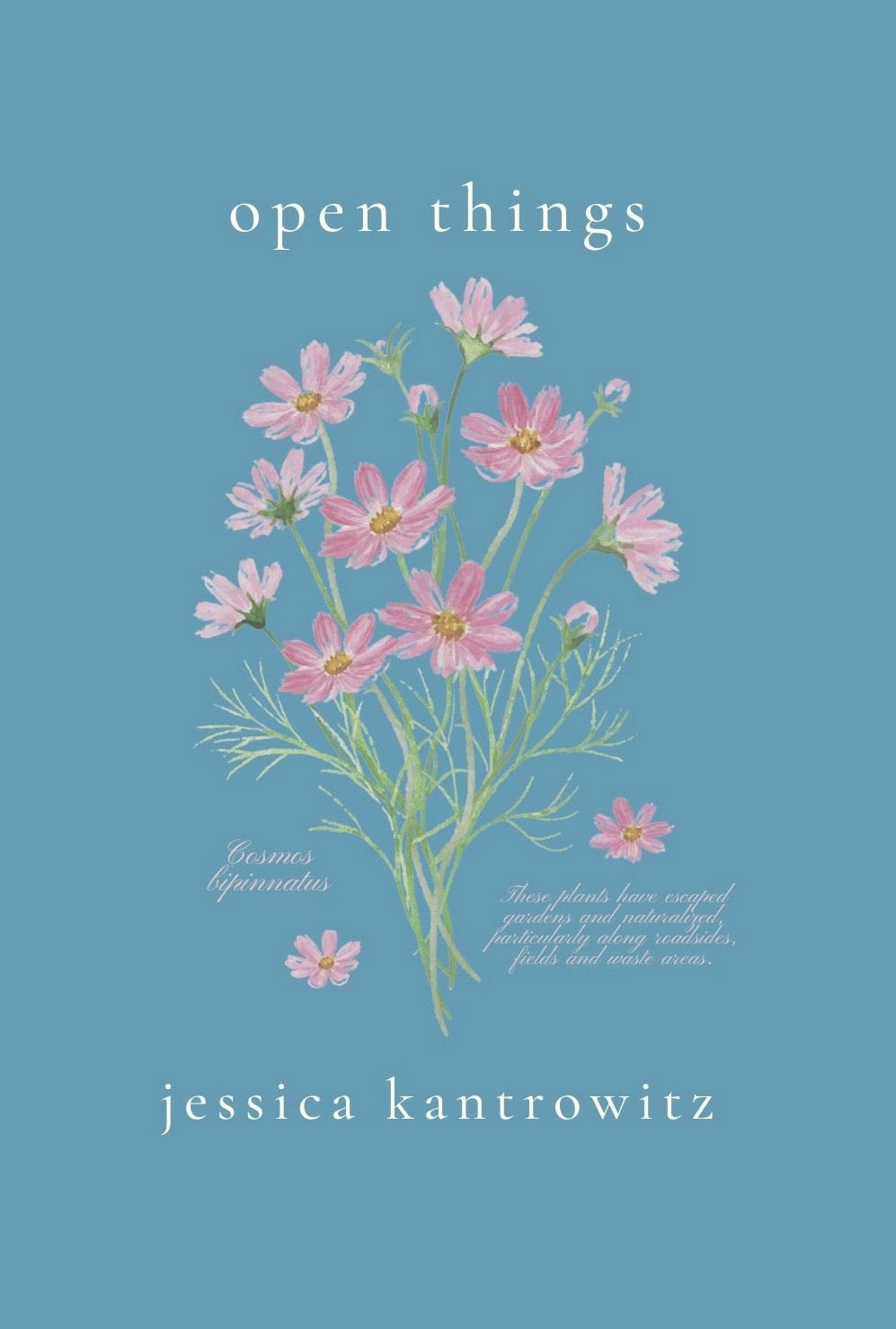All that softness
Do not mistake her gentleness
for weaknessIt takes a spine of steel
to carry all that softness
I thought I would do an experiment tonight, exploring how changing the pronoun in this short poem I wrote changes the meaning and the feel of the poem. I originally wrote it as “my gentleness.” Here’s how that read—
All that softness
Do not mistake my gentleness
for weakness
It takes a spine of steel
to carry all that softness
That felt true and powerful to me, but I thought it might resonate with more people if I changed it to “her” gentleness, and ode both to individual women and to women as a whole. But for a while I considered the more inclusive “their” gentleness—
All that softness
Do not mistake their gentleness
for weaknessIt takes a spine of steel
to carry all that softness
This was interesting in that it moved away from the association of femininity with softness, and with strength. It made the poem more personal in a sense. I thought the reader would be more likely to ask who the person was that “they” referred to.
And now it occurs to me that there was another choice, to speak encouragement directly to the reader—
All that softness
Do not mistake your gentleness
for weaknessIt takes a spine of steel
to carry all that softness
This is more how I wrote my book, Blessings for the Long Night, almost as a personal letter to the reader, from me to you. “I see you,” I wrote. But is that a bit…on the nose, as the expression goes? It was the right tone for that particular book. But it might be more interesting if the words made the person feel seen rather than saying, I see you. If the poem caused almost an eerie feeling, as if you were overhearing a conversation that somehow described your exact experience. How did they know??
On the other hand, one of my favorite short poems, by Langston Hughes, is an “I” speaking to a “you” —
I am so tired of waiting,
Aren't you,
For the world to become good
And beautiful and kind?
Let us take a knife
And cut the world in two-
And see what worms are eating
At the rind.
What do you think? Did one of those versions resonate with you more? For the poets and other writers among us, have you ever tried switching up the pronouns in a piece? How did that go for you?
With love,
Jessica
P.S. My latest collection of poetry, Open Things, is only $12.50 if you’d like to pick up a copy.







Oooh, I love this idea! * I am curious if the word steal was intentional vs steel … and how that changes the meaning of the poem.
The “my” version is indeed true and powerful, and resonates deeply. It is my favorite iteration, and I think in many ways is quite universal.